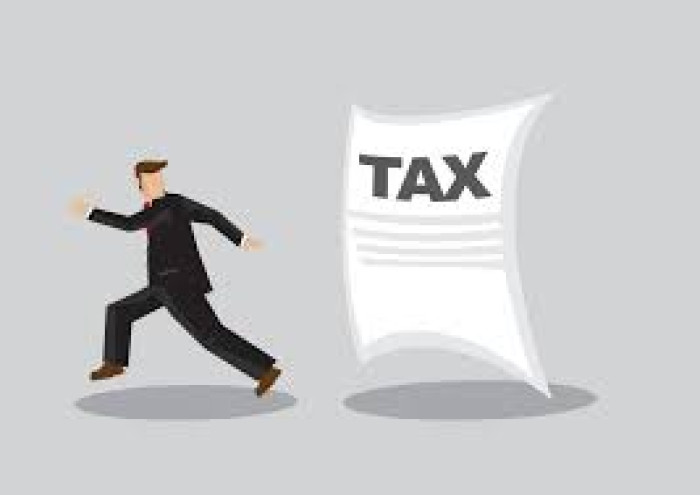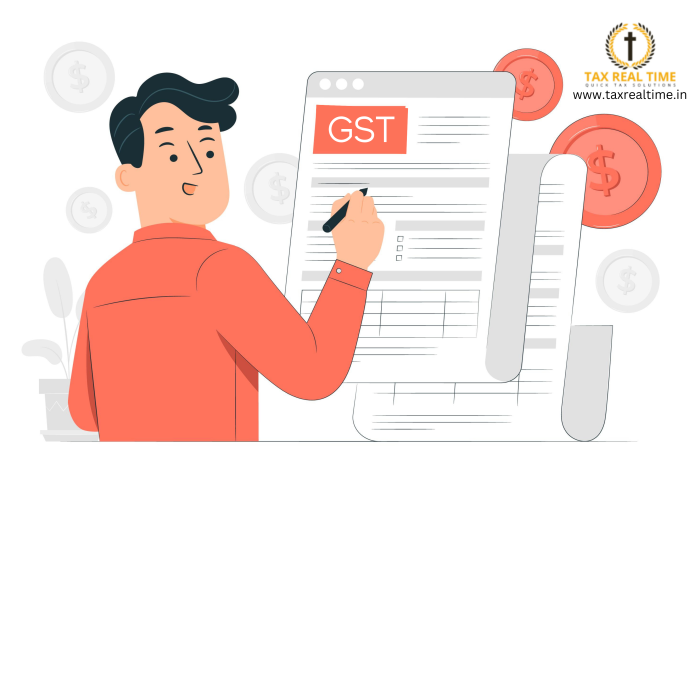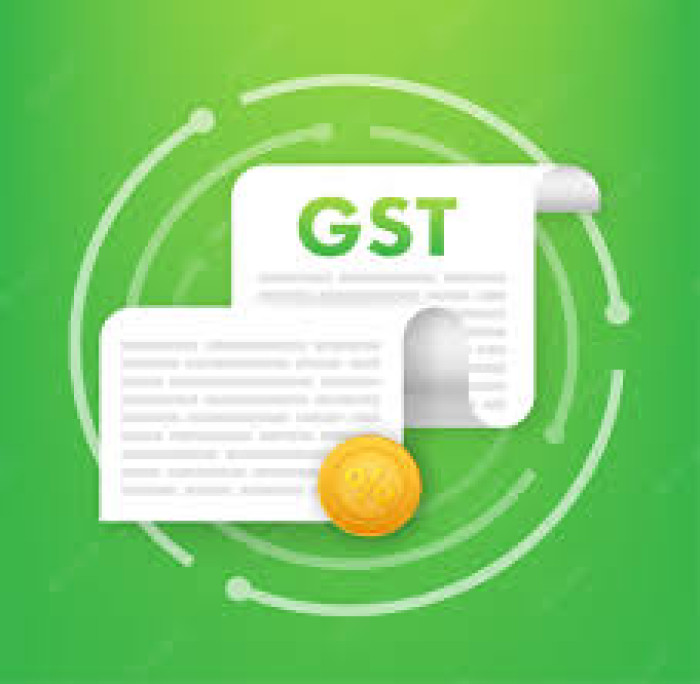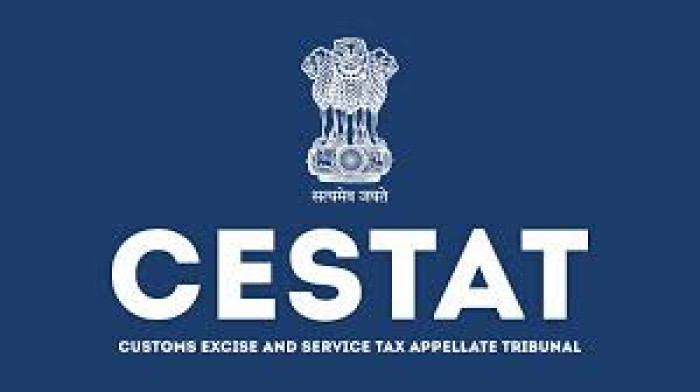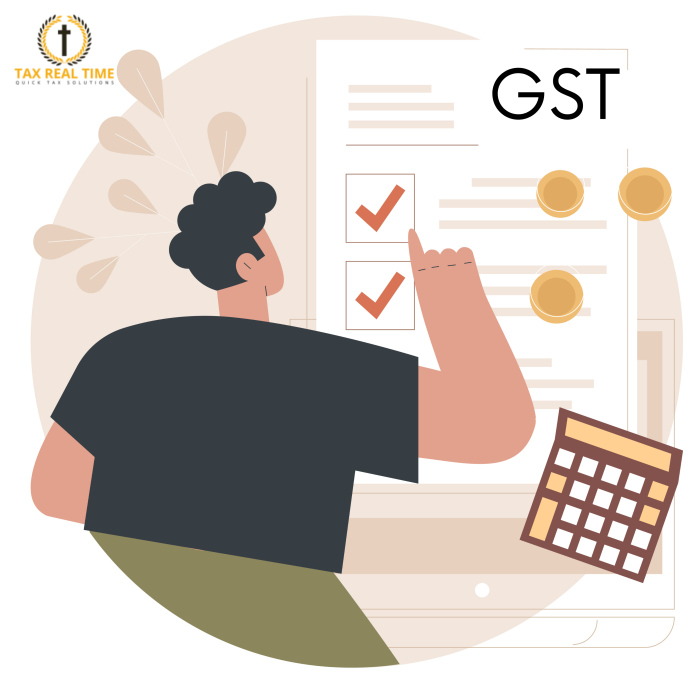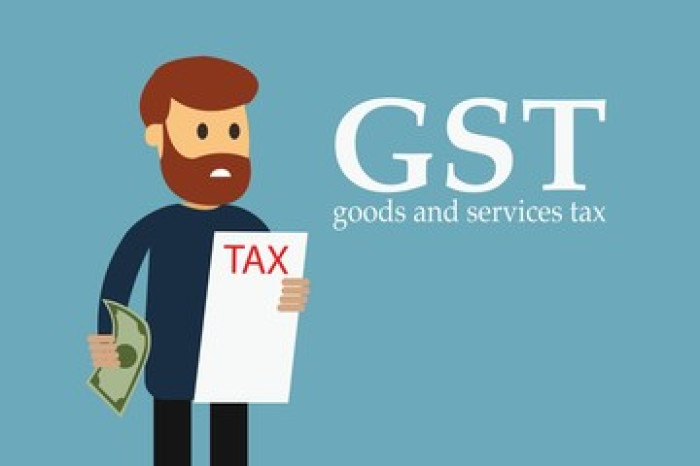Delhi VAT – Supreme Court: Bona fide purchasing dealer entitled to ITC even if selling dealer defaults in tax payment [Order attached]


The Supreme Court has ruled that bona fide purchasing dealers are entitled to Input Tax Credit (ITC) even if the selling dealers fail to remit the collected tax to the government. This decision arises from a case involving the Commissioner, Trade and Taxes, Delhi, and M/s Shanti Kiran India (P) Ltd., where the Delhi High Court had previously granted ITC to purchasing dealers under the Delhi Value Added Tax Act, 2004 (DVAT Act). The purchasing dealers had acquired goods from registered sellers, paid the Value Added Tax (VAT) as per the invoices, and claimed ITC. However, some selling dealers later had their registrations canceled and did not deposit the tax with the government, leading the Department to disallow ITC to the purchasers.
The core issue was whether ITC could be denied to purchasing dealers who paid VAT to registered sellers who subsequently defaulted on tax deposits.
The Supreme Court upheld the purchasing dealers' claims, noting that the transactions were genuine and the dealers had acted in good faith. The Court emphasized that the Department should pursue the defaulting selling dealers, not the purchasers, unless there was evidence of collusion or fraud. The ruling aligns with the precedent set in On Quest Merchandising India Pvt. Ltd. v. Government of NCT of Delhi, where Section 9(2)(g) of the DVAT Act was interpreted to protect bona fide purchasers. The Supreme Court dismissed the appeals and confirmed the High Court's directive to grant ITC after verifying the invoices, disposing of any pending applications related to the case.
Your free trial / membership plan is expired.
Kindly subscribe to get complete access to indirect tax updates and issue wise cases
Why subscribe to us ?
Get complete access to news updates and download copy of case laws/ notification/ circular etc.
Be a part of our WhatsApp group and read real time indirect tax updates
Access to ready case laws of General Issues and Industry Wide Issues under GST
Access to relevant provisions of law / circular in respect to the issues, along with trail of their amendments
Write your GST query to us for evaluation
Subscription Charges:*
Indirect tax updates -
6 months @299 / 1 Year @499 only
Indirect tax updates + Issue wise cases -
6 months @1199 / 1 Year @1999 only
*Plus applicable GST
Admin
23-Oct-2025 20:45:32
The Supreme Court has ruled that bona fide purchasing dealers are entitled to Input Tax Credit (ITC) even if the selling dealers fail to remit the collected tax to the government. This decision arises from a case involving the Commissioner, Trade and Taxes, Delhi, and M/s Shanti Kiran India (P) Ltd., where the Delhi High Court had previously granted ITC to purchasing dealers under the Delhi Value Added Tax Act, 2004 (DVAT Act). The purchasing dealers had acquired goods from registered sellers, paid the Value Added Tax (VAT) as per the invoices, and claimed ITC. However, some selling dealers later had their registrations canceled and did not deposit the tax with the government, leading the Department to disallow ITC to the purchasers.
The core issue was whether ITC could be denied to purchasing dealers who paid VAT to registered sellers who subsequently defaulted on tax deposits.
The Supreme Court upheld the purchasing dealers' claims, noting that the transactions were genuine and the dealers had acted in good faith. The Court emphasized that the Department should pursue the defaulting selling dealers, not the purchasers, unless there was evidence of collusion or fraud. The ruling aligns with the precedent set in On Quest Merchandising India Pvt. Ltd. v. Government of NCT of Delhi, where Section 9(2)(g) of the DVAT Act was interpreted to protect bona fide purchasers. The Supreme Court dismissed the appeals and confirmed the High Court's directive to grant ITC after verifying the invoices, disposing of any pending applications related to the case.
Order date: 09 Oct 2025
Parties: Commissioner, Trade and Taxes, Delhi v. M/s Shanti Kiran India (P) Ltd.
Facts –
- The appeals arose from a Delhi High Court judgment granting Input Tax Credit (ITC) to bona fide purchasing dealers under the Delhi Value Added Tax Act, 2004 (DVAT Act).
- The respondent dealers had purchased goods from registered selling dealers, paid VAT as per tax invoices, and claimed ITC under Section 9 of the DVAT Act.
- Subsequently, the registration of some selling dealers was cancelled, and they failed to deposit the collected tax with the government.
- The Department disallowed ITC to the purchasing dealers, arguing that the benefit could be granted only if the selling dealer actually deposited the tax collected.
- The Delhi High Court, after verifying invoices, held that bona fide purchasing dealers who had paid VAT to registered sellers cannot be denied ITC merely because the sellers defaulted later in remitting tax.
Issue –
- Whether ITC under Section 9 of the DVAT Act can be denied to a bona fide purchasing dealer who has paid VAT to a registered selling dealer that subsequently fails to deposit the tax with the Government?
Order –
- The Supreme Court noted that the seller dealers were registered at the time of transactions, the invoices and transactions were genuine and undisputed and The purchasing dealers had paid VAT in good faith.
- The Court referred to On Quest Merchandising India Pvt. Ltd. v. Government of NCT of Delhi (2017 SCC OnLine Del 13037), where Section 9(2)(g) of the DVAT Act was read down to protect bona fide purchasers.
- It reaffirmed that where a purchasing dealer has acted in good faith and transacted with a validly registered seller issuing proper tax invoices, the Department’s remedy lies against the defaulting selling dealer, not the purchaser.
- Only in cases of collusion or fraud between buyer and seller can the Department deny ITC under Section 40A of the DVAT Act. Since no such collusion was shown in the present cases, the Supreme Court dismissed the appeals and upheld the High Court’s direction to grant ITC after due verification of invoices.
- Pending applications were disposed of.
Related Post
Post Category
Your free trial/ membership plan has expired. Kindly subscribe to get complete access of tax news updates.

Why subscribe to us ?
Get complete access to news updates
Access to the Order Copy of the case law/ Notification/ Circular etc
Be a part of our Whatsapp group and read real time tax updates
Access to ready case laws/ circulars on general and industry-wide issues under GST
Submit your GST issues to us for evaluation







